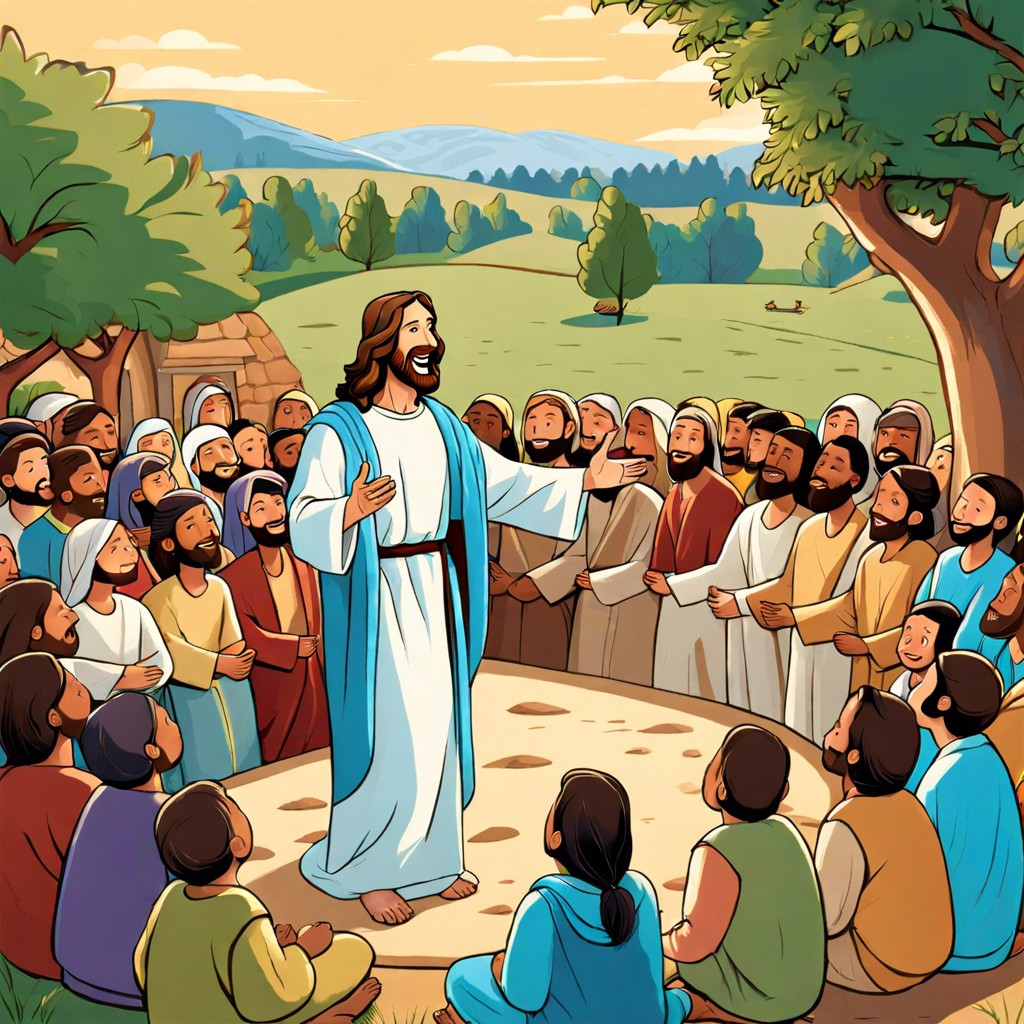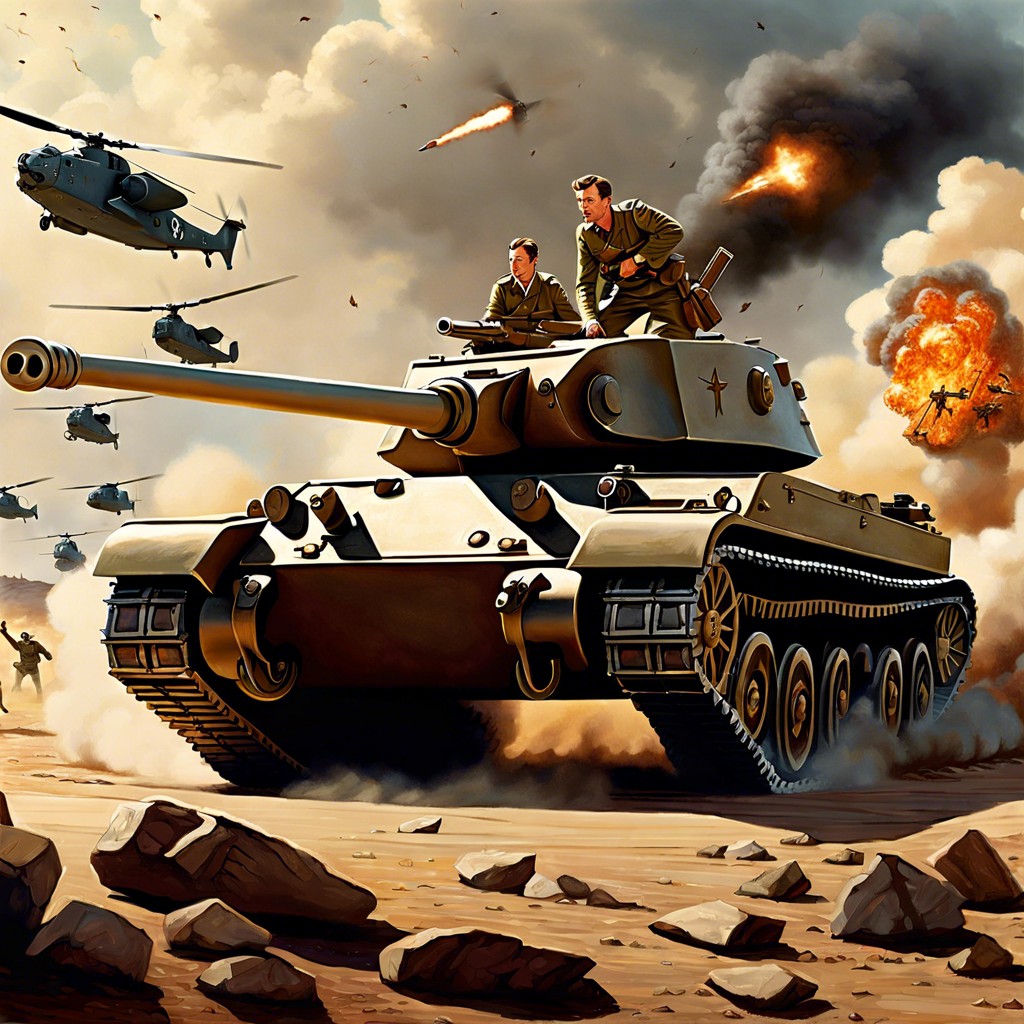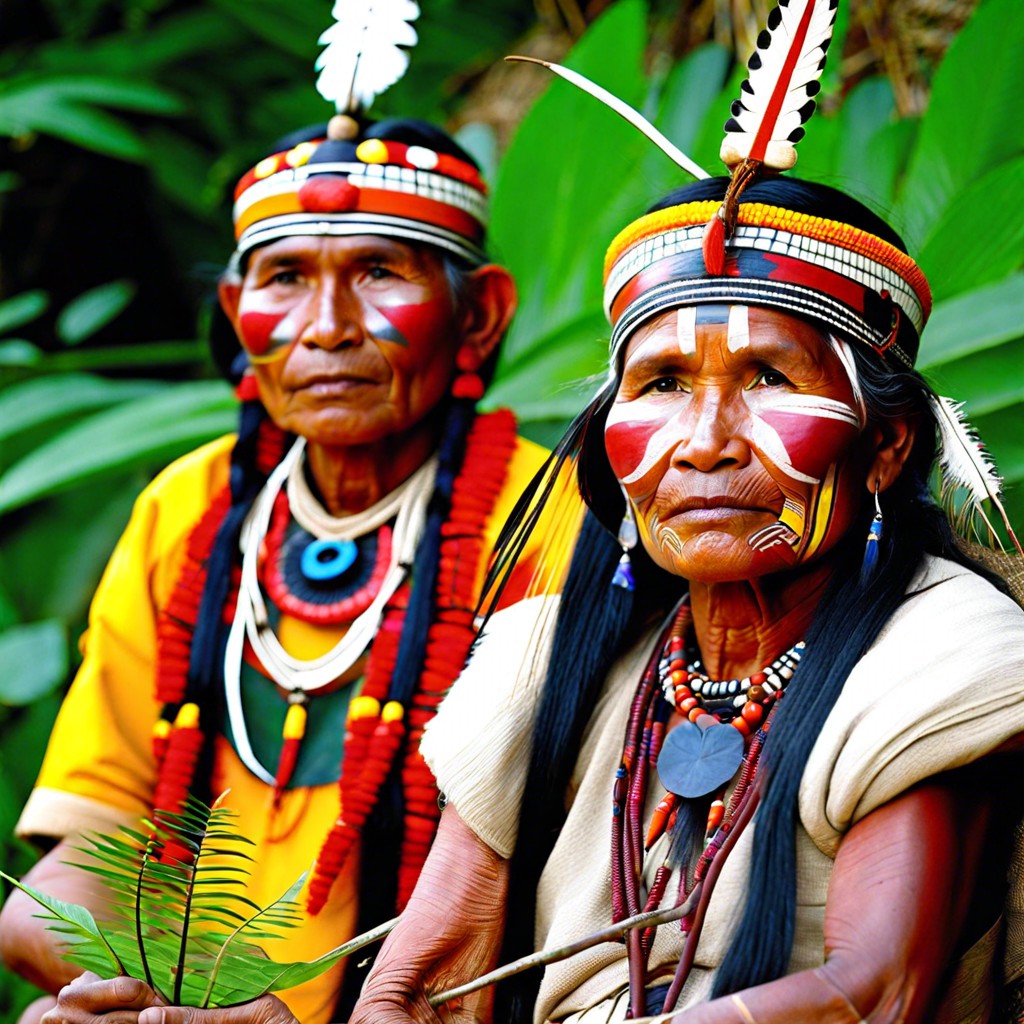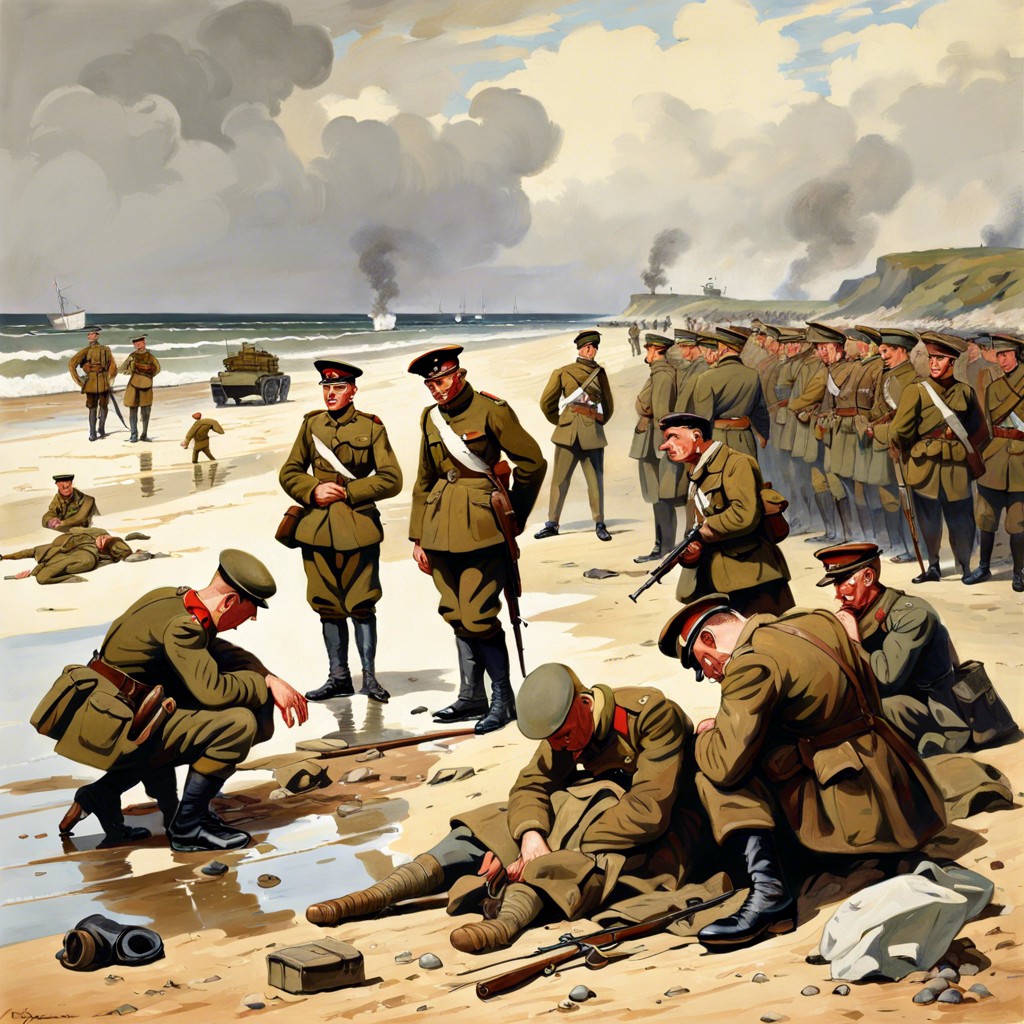Imagine a world where RFK became president, significantly altering America’s political landscape through his vision for social justice and progressive policies.
Ever wondered what if Robert F. Kennedy had seized the Oval Office? Picture a political rollercoaster with a different twist to every turn. Imagine upheavals in the civil rights movement, surprise plot twists in the Vietnam War, economic reforms straight out of an economist’s dream—or nightmare—and a cultural revolution that would make the Summer of Love look like a cozy book club. Dive in for a mind-bending exploration of an America reimagined under RFK’s leadership!
Key takeaways:
- RFK would prioritize unity, law reform, and progressive politics.
- Civil rights advancements: desegregation, voting rights, economic justice.
- Vietnam War: diplomacy, troop pullout, humanitarian solutions, budget reallocation.
- Economic reforms: social welfare emphasis, corporate tax changes, industry regulations.
- Cultural impact: youth activism, hopeful music, optimistic media, sports diplomacy.
Political Landscape Shift
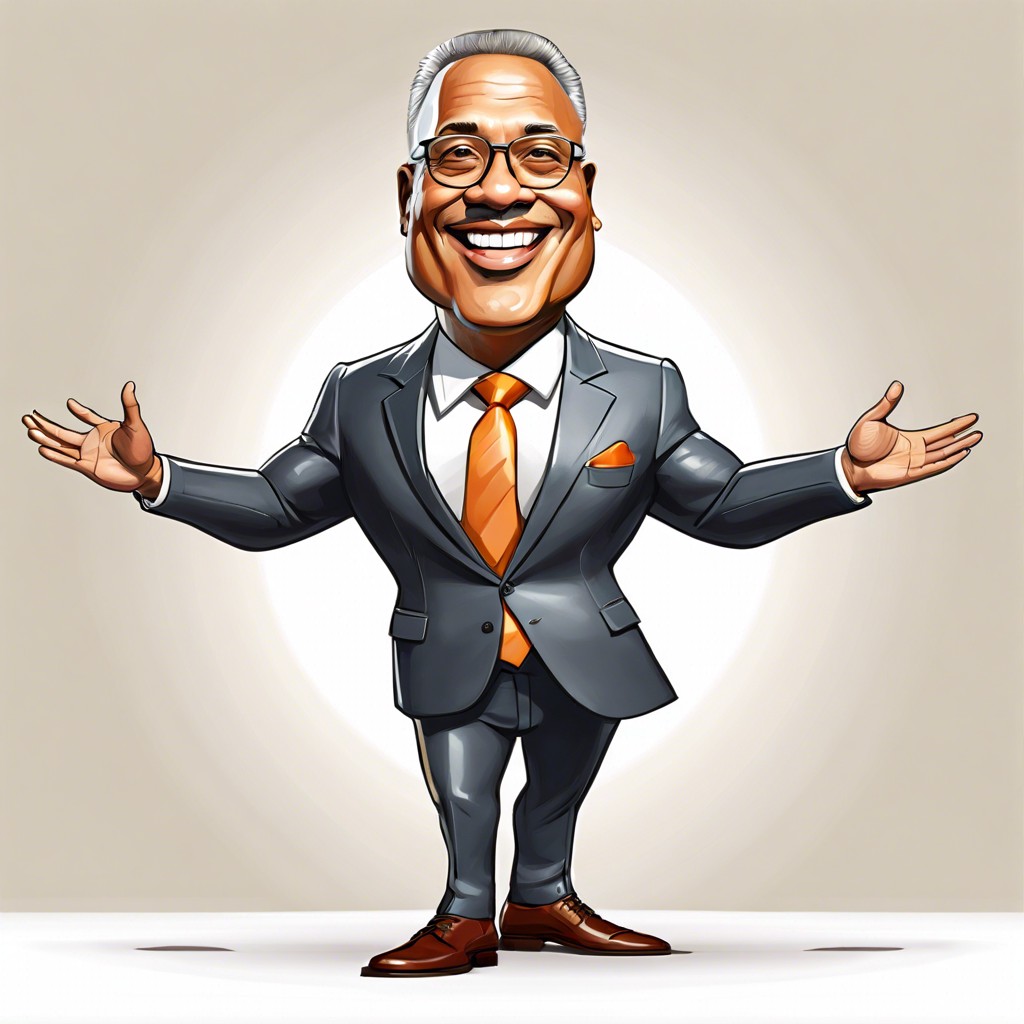
Picture this: RFK takes office and suddenly the political landscape in the United States undergoes a seismic shift. Gone are the days of complacency and stagnation. Here’s what shakes up:
For starters, RFK would likely prioritize unity over division. Imagine a presidency focused on healing rifts rather than widening them. His charisma and speeches might very well breathe new life into a more inclusive, empathetic government.
Next up, his approach to law and order. Unlike the rigid, often brute-force policies of his predecessors, RFK could bring a more reformative approach to criminal justice. Think less “lock ’em up” and more “let’s fix the root causes”.
And let’s not forget about party politics. With his progressive leanings, RFK could push the Democratic Party further left. That means issues like social justice and anti-poverty programs would suddenly have mainstream clout, dragging the Overton window along with them.
Finally, imagine the impact on voter engagement. RFK’s youthful energy and earnest appeal might just ignite a bonfire of civic participation. People who had once tuned out of politics might start RSVPing to the democratic process.
Civil Rights Movement Impact
Bobby Kennedy had a pulse on the civil rights struggle like few other politicians of his time. Imagine the impact of his policies. For starters, his advocacy for racial equality would accelerate desegregation. Schools and public spaces might have integrated faster, making those awkward “separate but equal” signs truly relics of the past.
His presidency would have likely put a spotlight on voting rights. We might see stronger protections against voter suppression far earlier. Picture a time when voting was genuinely accessible for everyone without the endless red tape.
Additionally, RFK’s focus on economic justice would intertwine with civil rights. Think expansive job programs and targeted economic development initiatives in marginalized communities. Integrating neighborhoods wouldn’t just be a dream but a policy direction.
Lastly, his empathetic communication style could shift public perception, making civil rights more mainstream. Elevating leaders like Martin Luther King Jr. to partners in progress rather than agitators would change the national conversation. Symbolism, speeches, real progress – expect it all.
Vietnam War Alterations
Kennedy’s presidency would likely have taken a very different route in Vietnam. First off, given his history as a vocal critic, we might have seen a quicker push for diplomatic solutions. Less “boots on the ground” and more “cufflinks at the negotiating table.”
His administration would probably have prioritized pulling out troops sooner. The focus might have shifted towards supporting Vietnamese governance reforms instead of direct military involvement.
Also, the drafts? They might have been halted or significantly reduced. Imagine the relief on college campuses!
And the budget? Redirected towards social programs and domestic development. Instead of funding an endless war, money could have flowed into education and healthcare.
Kennedy’s compassionate stance meant he might have sought humanitarian solutions. Maybe aiding refugees and rebuilding efforts rather than just seeking victory through destruction.
In essence, the Vietnam War could have looked more like a chapter on diplomacy and less like an endless saga of combat.
Economic Policies and Reforms
Robert F. Kennedy, aka RFK, stepping into the presidential shoes, would have likely juggled economic policies like a circus-trained octopus.
Firstly, expect a heavy emphasis on social justice. RFK was a vocal advocate for poverty alleviation, probably leading to robust social welfare programs. Picture more investments in housing, education, and healthcare. No more choosing between rent and ramen!
Second, corporate taxation would definitely have gotten a makeover. Think fewer tax breaks for mega-corporations and more incentives for small businesses. It’s equality, but with dollar signs.
Regulation fans, rejoice! RFK would likely have championed tighter regulations on industries, especially those causing environmental damage. Welcome to fewer smog-filled skies and happier polar bears.
Lastly, labor unions would have thrived. An RFK era could have empowered workers, boosting union influence and collective bargaining rights. Here’s to the blue-collar heroes getting their fair share.
Influence On American Culture
Imagine a 1960s America with RFK at the helm—culture would likely pop and fizz with a different flavor. For starters, RFK’s charisma and connection with youth could inject a zestier sense of activism among younger generations. College campuses would explode with energy, not just for civil rights but across a myriad of social issues.
Art and music? Oh, they’d groove a little differently. Think of songs inspired by hope rather than despair. Protest anthems would shift from frustration to a soundtrack of change.
Don’t forget the media. With RFK’s charm, the press would have a field day. News might feature more optimism and coverage of social reform rather than the grim war reports.
Plus, let’s not overlook sports. You know RFK loved a good game. Professional sports might gain a spike in popularity, both as spectator events and instruments of diplomacy. Imagine RFK and Muhammad Ali in headlines together; that’s a slam dunk for cultural impact.
In short, with RFK, American culture would likely radiate more enthusiasm, innovation, and a spirit of inclusivity.

